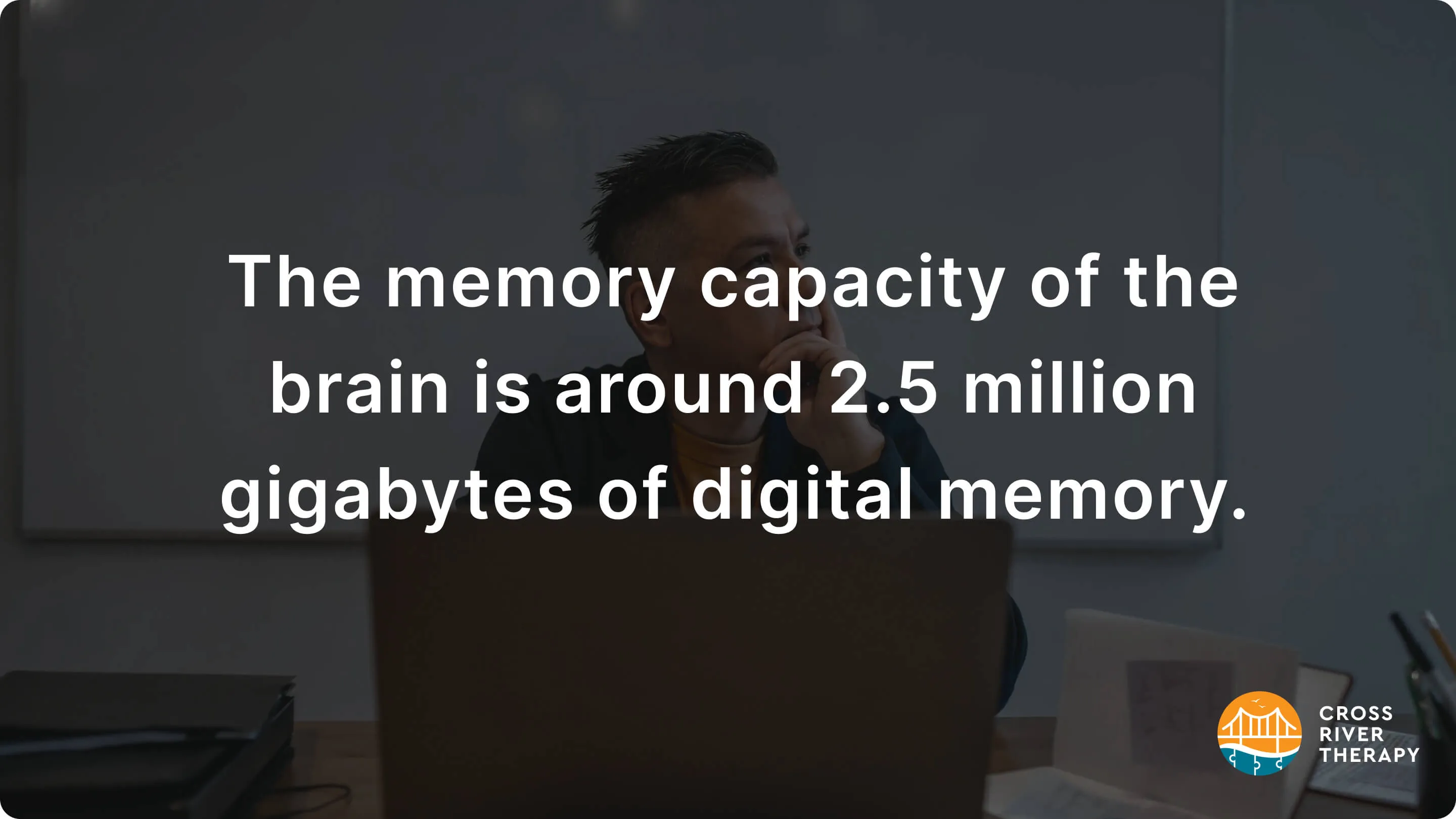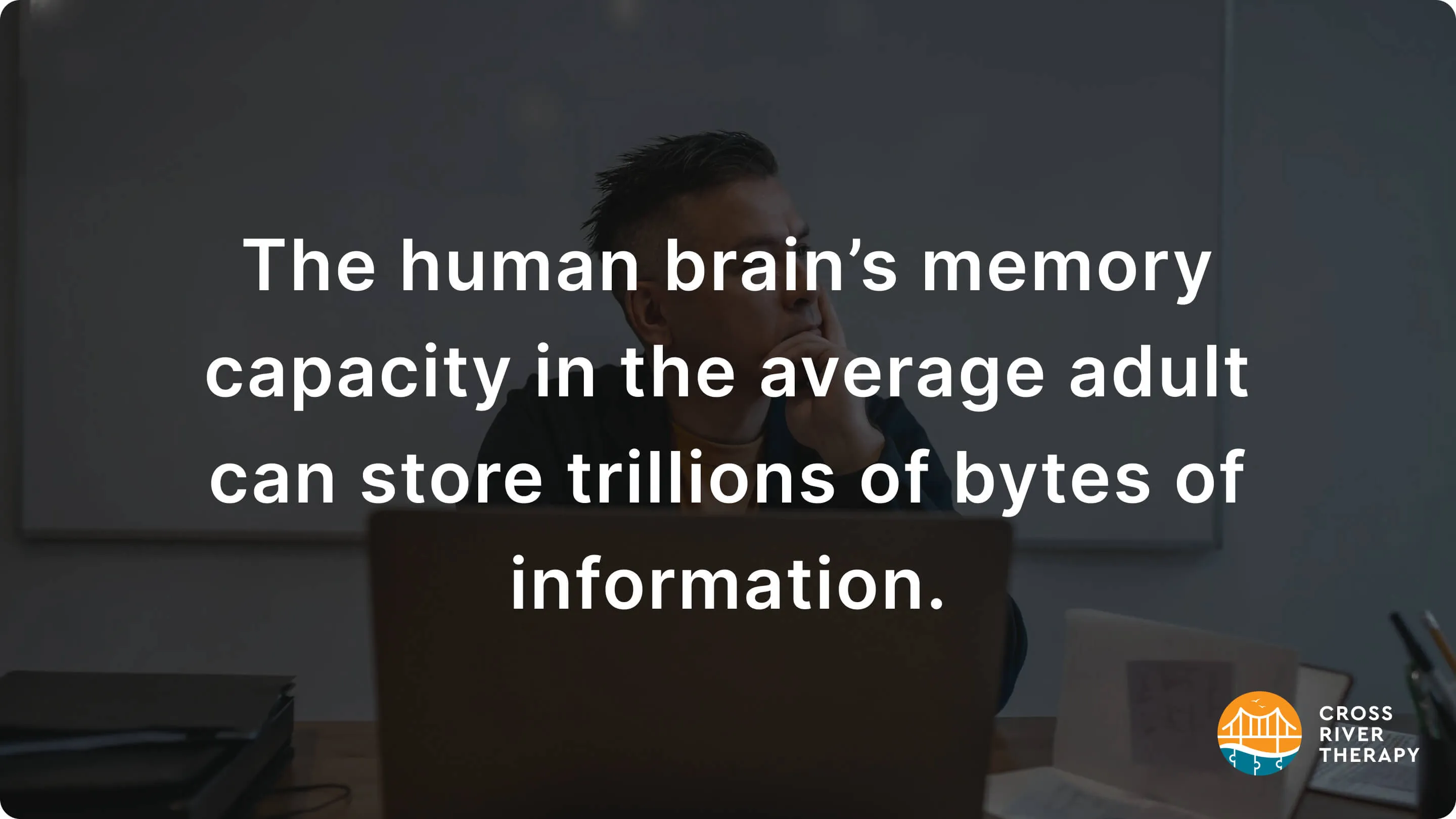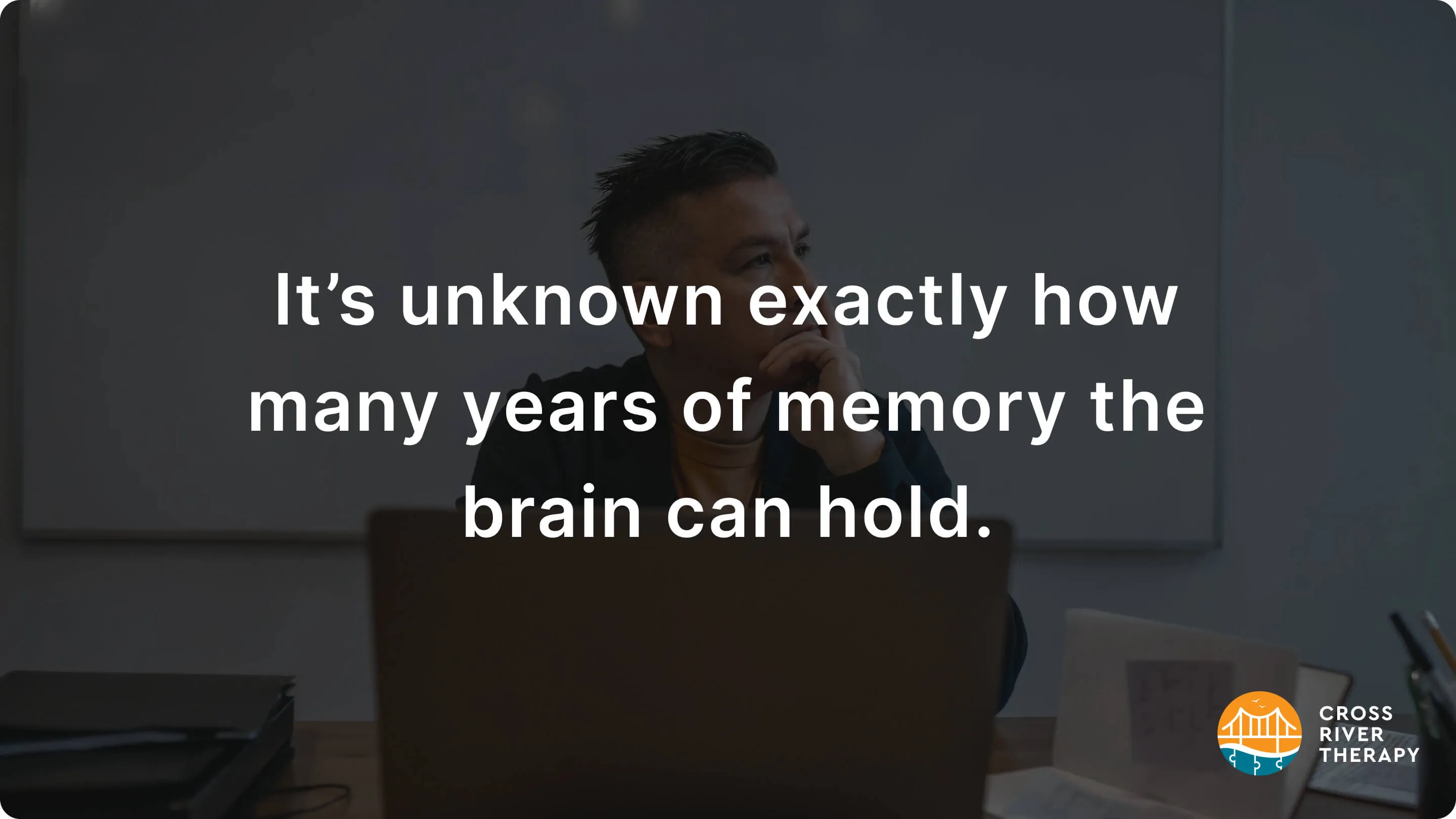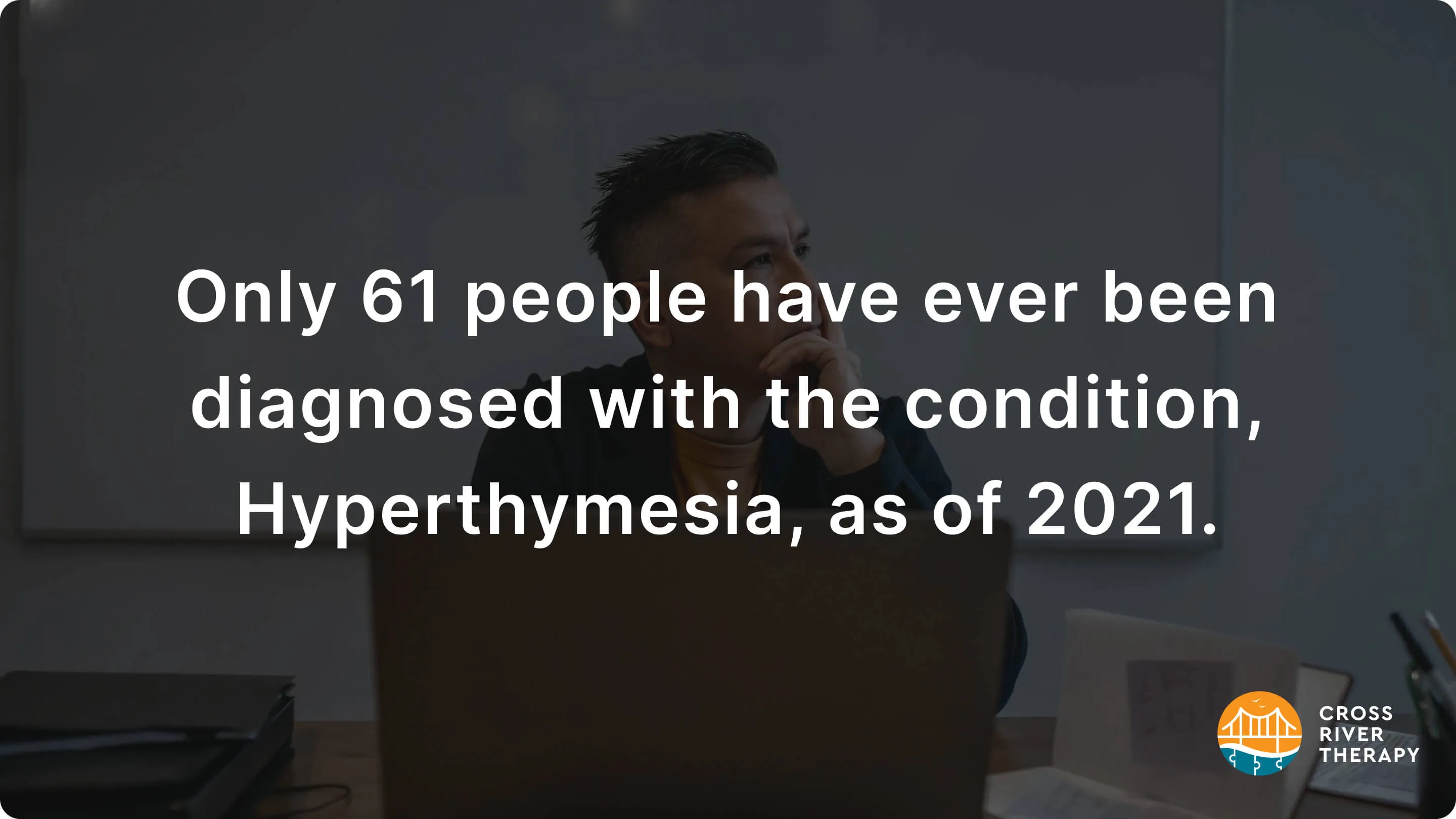Memory Capacity Of Human Brain: 29 Human Memory Statistics & Facts
Did you know the memory capacity of the brain is around 2.5 million gigabytes of digital memory?
Key Memory Statistics: What Is The Memory Capacity Of A Human Brain?
- The memory capacity of the brain is around 2.5 million gigabytes of digital memory.
- Some studies suggest that humans forget approximately 50% of new information within an hour of learning it. Within 24 hours, that number goes up to an average of 70%!
- Just our cerebral cortex alone has a storage capacity of 74 Terabytes!
- Yahoo’s 2.0 petabyte computational center, which can process 24 billion “events” a day, is a jaw-dropping 20% smaller than the capacity of a single human brain!
- Short-term memory can hold up to 7 pieces of information at the same time…only for approximately 20 seconds!
- A study conducted in 2001 showed that left-handed people have better memories, due to the corpus callosum (that’s the white matter in our brains) in left-handed people is larger than that of right-handed people.
- Humans have an average of 70,000 thoughts per day.
- Dreaming takes more brain activity than any waking function, which means that it’s wrong to think that the brain shuts down while we’re sleeping.
- Visual memory of eye-witnesses is notoriously inaccurate. 75% of 235 wrongful convictions in the U.S. were a result of an unreliable eyewitness.
- Most memories adults have come from when we were 15 to 25 years old. Our tendency to remember events that occurred when we were young, called the “reminiscence bump”, can account for 60% of all memories.
- Surprisingly, it is possible to erase bad memories. Studies suggest that certain beta-blocker drugs interfere with the recollection of memories.
- The human brain has 86 billion neurons, 400 miles of capillaries, 100 thousand miles of axons (enough to circle the earth 4 times), and more than 10 trillion synapses!
- Alcohol has a negative impact on our memory and prevents the brain from transferring information into long-term memories.
- Over the course of a lifetime, scientists estimate that the modern human brain will hold up to 1 quadrillion pieces of information. That’s 1,000,000,000,000,000 pieces of information!
Average human memory span: What is the average person’s memory?
The average adult human brain has the ability to store the equivalent of 2.5 million gigabytes of digital memory. That compares to the biggest hard drive to date, which can only store 10,000 gigabytes.

How much information can the brain hold?
The human brain’s memory capacity in the average adult can store trillions of bytes of information. A Stanford Study reported that the cerebral cortex alone has 125 trillion synapses. Another study reported that 1 synapse can store 4.7 bits of information.

That means that 125 trillion synapses, with 4.7 bits/synapse, and around 1 trillion bytes equaling 1 TB (Terabyte).
How many memories can the brain hold?
Although it’s unknown exactly how many memories the brain can hold, we do know that the average adult human brain has the ability to store the equivalent of 2.5 million gigabytes of digital memory.

How many years of memory can the brain hold?
Although we aren’t quite sure exactly how many years of memory the brain can hold, some calculations have shown that humans have a base memory of 450 years!

How much memory do we forget?
Some studies suggest that humans forget approximately 50% of new information within an hour of learning it. Within 24 hours, that number goes up to an average of 70%!

What age has the strongest memory?
Our ability to remember new information peaks in our 20s, and then starts to decline from our 50s or 60s.

How rare is a perfect memory?
It’s extremely rare! Only 61 people in the entire world have been diagnosed with the condition, Hyperthymesia, as of 2021.

Can the brain run out of memory?
The simple answer to this question would be, “no, your brain cannot run out of memory”. However, there must be a physical limit to how many memories we can store. Despite our limitations, they are extremely large. So, you don’t have to worry about running out of space in our lifetime.

